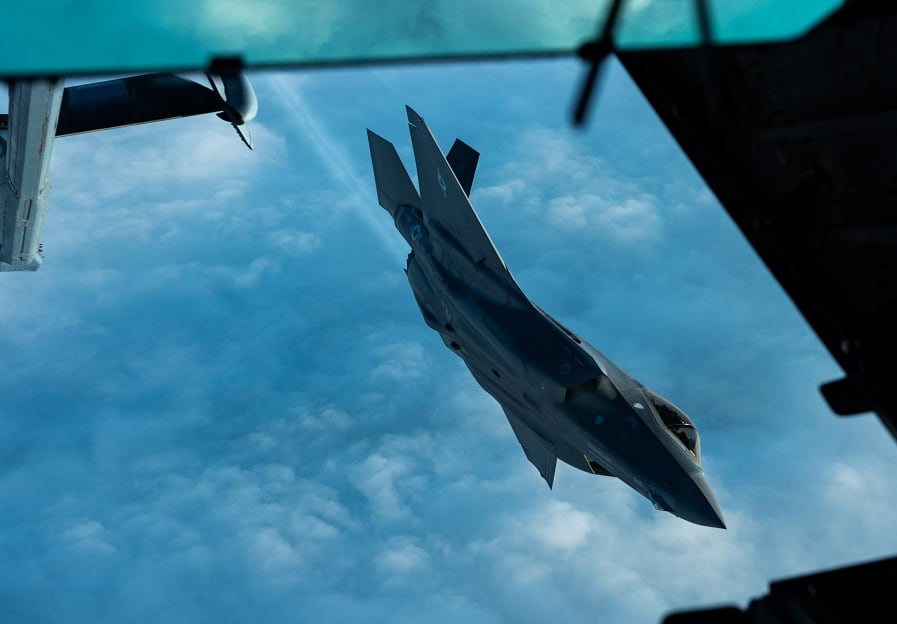COLOGNE, Germany — Switzerland should package the proposed buy of 40 or so combat aircraft as a unique track under the $8 billion Air 2030 program, according to a new study commissioned by the defense ministry. This, the study argues, will increase the chance the purchase will be approved in an eventual national referendum.
The conclusion is part of a report by former Swiss astronaut Claude Nicollier, who was tasked earlier this year by the new defense minister, Viola Amherd, to critique the envisioned air-defense reboot.
The recommendation speaks to the government’s strategy of seeing the aircraft acquisition through a circuitous decision-making process in a country with a strong plebiscitary tradition. Buying the aircraft makes up the lion’s share of the Air 2030 program, at roughly $6 billion. The purchase of ground-based, air-defense weaponry accounts for the rest.
The current Cabinet plan is to pursue the aircraft and ground-based, anti-missile weaponry as a package deal, allowing the populace to vote on both segments en bloc in the likely event that a referendum is called. But advocates for new aircraft, which includes Nicollier, contend that the need for new planes is so great that the decision should be teed up without any distractions whatsoever.
“In my opinion, it is wise to choose this track for the combat aircraft, after the past experiences of our direct democracy,” Nicollier wrote in his report. “It is ... useless to mix another weapon system to this next battle, which concerns only the plane and which promises, as usual, to be much more emotional than professional.”
RELATED

Nicollier’s comment refers to a previous Swiss decision about replacing parts of its aging combat aircraft inventory, composed of F-5 Tiger and F-18 planes, five years ago this month. At the time, the population voted down the government’s pick of the Saab Gripen E following a grueling campaign by advocates and opponents that quickly left the realm of national security arguments.
Some believe that putting a specific aircraft model out for a referendum contributed to the program’s defeat, a mistake that the defense ministry wants to avoid at all costs this time around. According to a statement on the ministry’s website, Nicollier’s analysis, submitted in French, recommends that the population should get the chance to vote on the aircraft acquisition only in general terms, leaving the choice of aircraft model up to the government later on.
The competitors for the aircraft procurement are Airbus with the Eurofighter Typhoon, Lockheed Martin with the F-35A, Boeing with the F-18 Super Hornet and Dassault with the Rafale. Saab and its Gripen E also are taking another go at it.
Nicollier’s report will probably be seen as good news for the industry contenders. For one, it supports the idea that Switzerland must quickly act to modernize its abilities to control the national airspace at a time when traditional geopolitical fronts in Europe are becoming murky. In addition, it proposes a path for the aircraft acquisition that appears mindful of lessons learned from the Gripen debacle of 2014.
Cabinet officials are expected to debate the Nicollier report in the weeks ahead and determine how its recommendations will shape the Air 2030 program, a Swiss defense ministry official told Defense News.
Sebastian Sprenger is associate editor for Europe at Defense News, reporting on the state of the defense market in the region, and on U.S.-Europe cooperation and multi-national investments in defense and global security. Previously he served as managing editor for Defense News. He is based in Cologne, Germany.








